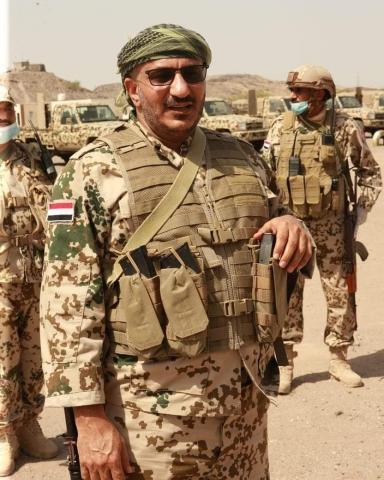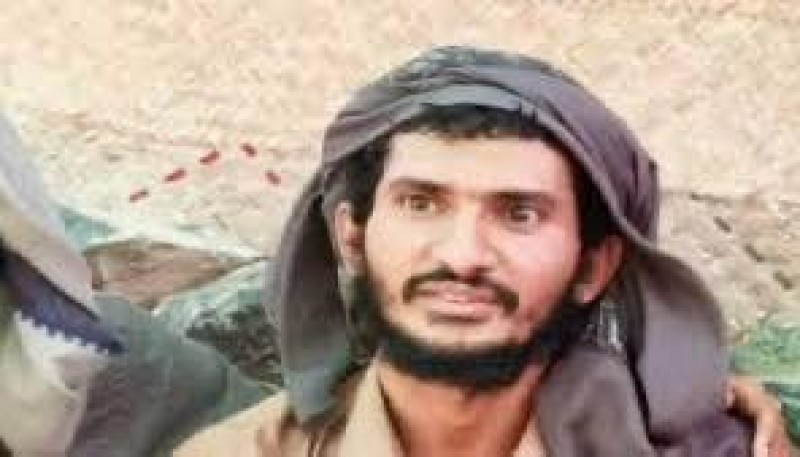US president Confirms Killing of Al-Qaeda Leader in Yemen and questions on the ISLAH islamic party on supporting terrorism
The president Trump announced early morning that United States killed the leader of Al Qaeda’s affiliate in Yemen, the White House confirmed on Thursday.
The confirmation came about a week after The New York Times first reported that the United States believed it had killed Qassim al-Rimi, the Qaeda leader, in January after months of tracing him.
The C.I.A. carried out the airstrike using an unmanned drone, an intelligence official said.
The White House statement had little detail about the operation, but said it was carried out at the direction of President Trump. The statement said Mr. al-Rimi’s death will degrade the Yemen affiliate and the global Qaeda movement and “brings us closer to eliminating the threats these groups pose to our national security.”
Mr. Trump has highlighted his record of ordering the killing of terrorist leaders and other adversaries. In his State of the Union address, he highlighted the Army Delta Force raid that killed Abu Bakr al-Baghdadi, the Islamic State leader, as well as the drone strike in Baghdad that killed Maj. Gen. Qassim Suleimani, Iran’s most important general.
Mr. al-Rimi was one of the founders of Yemen’s Qaeda affiliate. Although the affiliate’s power and ability to conduct strikes in the West has diminished under the pressure of strikes by the American military and C.I.A. aircraft, it is still one of the world’s most potent forces.
It remains to be seen how much Mr. al-Rimi’s death will set the group back.
The C.I.A. learned of Mr. al-Rimi’s location from an informer in Yemen last November, allowing the government to begin tracking him with surveillance drones, an official said.
Al-Rimi, 41, was among the few remaining Qaeda leaders whose terrorist pedigree traces to the era before the Sept. 11, 2001, attacks. According to intelligence sources, the Marib governorate, east of the Yemeni capital Sanaa, which is controlled by the Islamic Reform Party, is considered a safe haven and sanctuary for al Qaeda and extremist groups, as the United States has targeted many required elements since 2001 until now as it moves from inside Marib to the rest of the Yemeni governorates.




